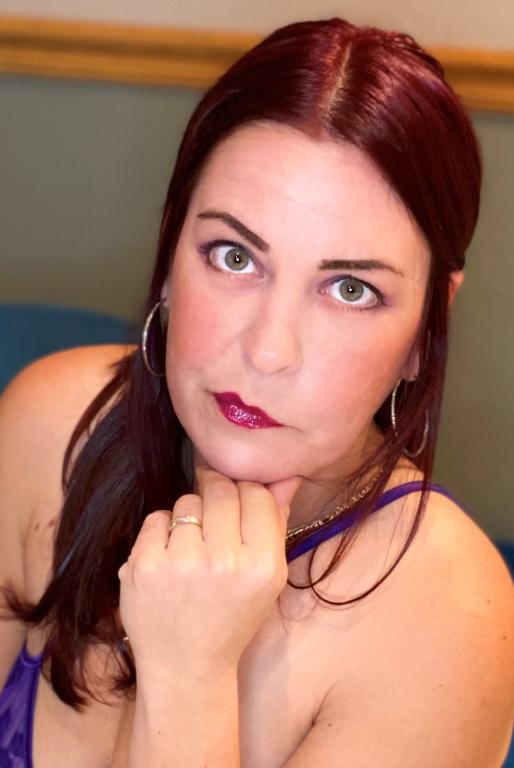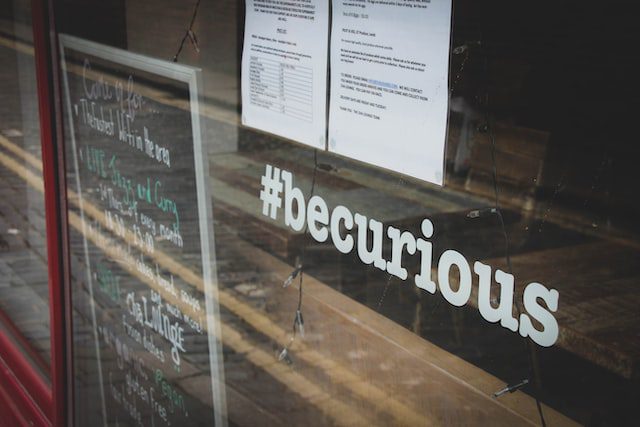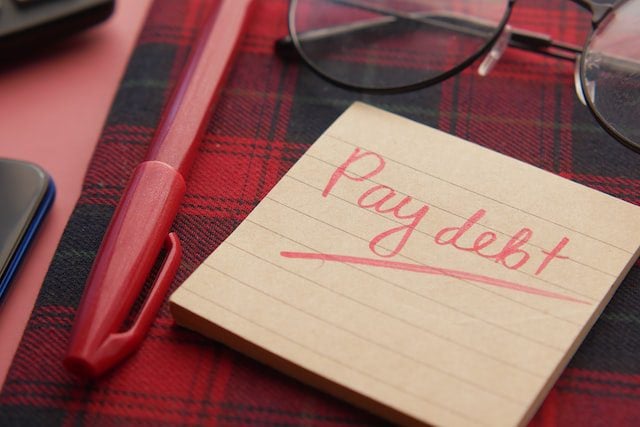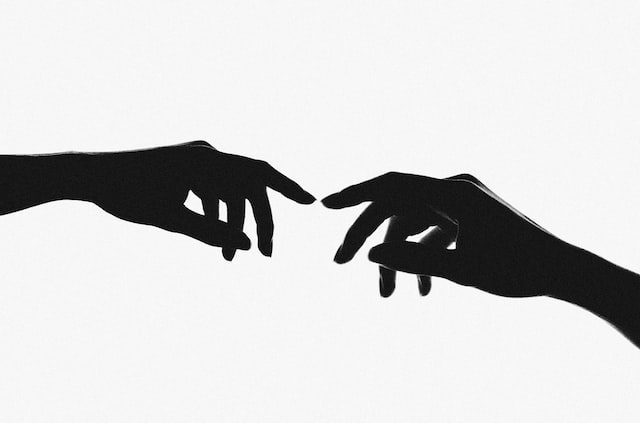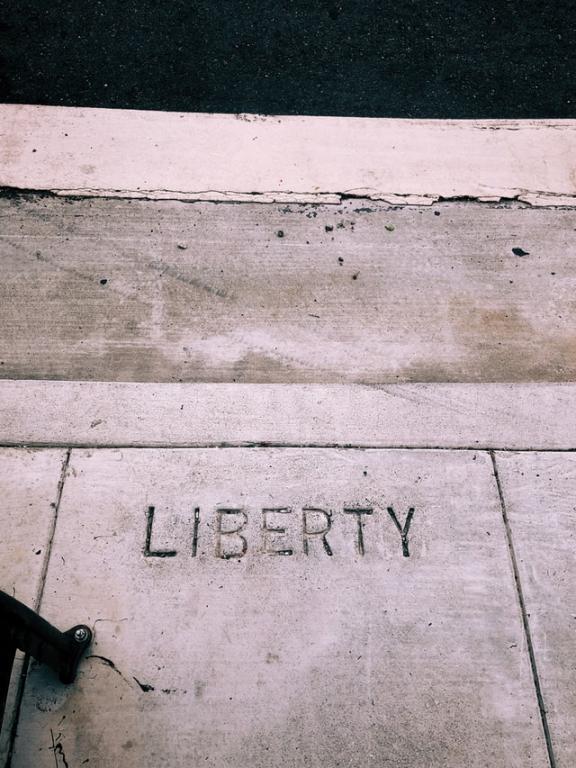
For many of us, we are told that Scripture forecasts the certainties of the world. Particular verses demonstrate what we know to be true, such as the rich always getting rich and the poor staying poor. Or at least that’s what we are told through the interpretive, expert eyes of pastors and leaders of the church.
One such verse, as explained to me, can be found in the Gospels of Matthew and Luke.
Matthew 13:12 reads:
“Whoever has will be given more, and they will have abundance. Whoever does not have, even what they have will be taken from them…”
Matthew 25: 29 reads:
“For whoever has will be given more, and they will have an abundance. Whoever does not have, even what they have will be taken from them…”
Luke 19:26 reads:
“I tell you that to everyone who has, more will be given, but as for the one who has nothing, even what they have will be taken away.”
For years, I believed these verses explained the inequalities of the classes. “The rich will always have riches and the poor will always have poverty.” And if you read the Bible flatly, believing that what is on the surface of the speech is the simplistic explanation for the words, then you too, could be convinced that Jesus was speaking to income inequality.
Jesus spoke in parables, and although his stories seemed to have a moral lesson attached to the ending of every tale, not everyone who listened to him heard what he was saying. In Matthew, Jesus acknowledges that his parables are not readily comprehended by those who come to hear him speak.
“The disciples came to him and asked, ‘Why do you speak to the people in parables?’ He replied, ‘Because the knowledge of the secrets of the Kingdom of heaven has been given to you, but not to them.’” (Matthew 13:11)
“Through seeing, they do not see; though hearing, they do not hear or understand. In them is fulfilled the prophecy of Isaiah: ‘You will be ever hearing but never understanding; you will be ever seeing but never perceiving.’ For this people’s heart has become calloused: they hardly hear with their ears, and they have closed their eyes. Otherwise they might see with their eyes, hear with their ears, understand with their heart and turn, and I would heal them.” (Matthew 13:13-15)
I wonder what happens, however, if we consider the follow-up of Jesus. He makes this grand statement: “Whoever has will be given more, and they will have abundance. Whoever does not have, even what they have will be taken from them.” But then, he makes note that not everyone who heard that very statement would understand what he meant by it.
What if Jesus wasn’t making an absolute statement about the rich and the poor? What if he was instructing others on how to have a different mindset about the reality they live in? What does this mean?
“Whoever has will be given more, and they will have an abundance.” (Emphasis added) Consider this as a mindset of plenty, or an attitude of gratitude. When you believe that you have what you need (or want) you are grateful for all that you have, but also, you are open to receiving more. Therefore, more will be given to you. But if you believe that you have nothing, even that will be taken from you. Consider this a mindset of poverty. Your attitude about your reality will reflect that. You may even say things like, “I am broke.” “I am poor.” “I don’t have anything.” “I don’t have money.” “That’s all that I have!” “Now I am going to be really broke.”
The poverty mindset situates itself around the idea that “I don’t have enough” or “I am not enough.” The plenty mindset situates itself around the idea that “I have enough” and “I am enough.” More so, the plenty mindset has open hands, able to let go and give without worrying about what that takes away from me or my reality. Whereas the poverty mindset clings to nothingness and worries about having nothing.
If I tell myself over and over that “I am broke” or that “I have nothing” how could it be that my reality doesn’t reflect what I tell myself about my reality? The mindset that I assign to my reality will indeed reflect my reality.
Consider this depiction: A billionaire and a homeless person both sitting on a park bench, staring outward. The billionaire is thinking to himself “I wish I had more money; I don’t have enough.” The homeless person is also thinking to himself, “I wish I had more money; I don’t have enough.” Two people in 2 different situations can still come to the same conclusions and utilize the same mindsets and always feel as if they have nothing.
Now, you may be thinking, well it’s obvious that the billionaire has money, and it’s obvious that the homeless person does not. But if the billionaire doesn’t believe that what he has is enough, he will always have a poverty mindset. He will fear that all he has will be taken from him.
An attitude of gratitude is one of the most prevalent thoughts within the Gospels. Jesus was constantly challenging the mentalities and models of the times. The poverty mindset kept people trapped in victim mode. Jesus was trying to free people’s minds from destructive attitudes and behaviors.
Consider what a detriment the attitude of gratitude mindset can be to the capitalist consumption narrative of today. If we adjusted our attitudes, would we be the consuming, materialistic society that we are? Would we feel trapped by the artificial demands to keep up with the Jones’s next door?
The next time you feel that poverty mindset creeping into your thoughts, remind yourself that everything you have, was at one time, something you wanted or needed. And you got it, didn’t you? Rather than moving on to the next want or desire, take a moment to appreciate all that you have. Consider looking at all that you have with a new lens, a lens that shows you the plenty of your reality, not the poverty.
If you believe that you have all that you need if you believe that your life is filled with positive abundance and that your needs are met, and more, so shall it be. But, if you believe that your life is empty if you believe you are poor and don’t have anything, so shall it be.

